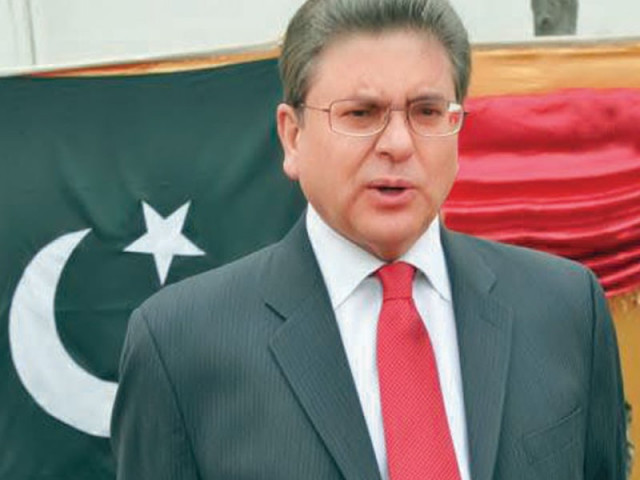Pak-Afghan ties: Envoy denies Pakistan seeking ‘strategic depth’
Ambassador Sadiq doesn’t pin much hope on Afghan reconciliation.

Ambassador Sadiq doesn’t pin much hope on Afghan reconciliation.
He said Islamabad was not pursuing the strategic depth policy. Given the geographic location and the nature of its people, Afghanistan cannot offer strategic depth to any country, particularly to Pakistan, he added.

Ambassador Sadiq, a career diplomat who has been serving as Pakistan’s top envoy in Kabul for the last four years, said that the Afghan people always had misperception about Pakistan. “This misperception is created by a handful of Afghan elites,” he added.
Border issues
On the recent border tensions between Pakistan and Afghanistan over some check posts, Ambassador Sadiq said the posts on which Afghan forces claim their ownership were constructed by the Pakistani forces in 2002 and 2003. Nato officials had also visited these posts, he added.
Referring to the conflicting claims of Kabul, Ambassador Sadiq said that on the one hand, they call for stopping cross-border infiltration, while on the other hand they demand demolition of Pakistani border posts. The biggest problem of the Afghan side is that they comment on issues without knowing the ground realities, he added.
The ambassador said both the countries should have control over the border and there should be free movement across the border, particularly for the poor Afghan. However, he added that Pakistan should support Afghan people as much as they want and any extra support should be stopped as it creates suspicions among them.
Anti-Pakistan sentiment
About the anti-Pakistan sentiment in Afghanistan, Ambassador Sadiq said it was not a new thing and such sentiments date from the 1947 partition. “Afghanistan was one of the countries which had not recognised Pakistan when it was created,” he reminded.
Good friendly relations between Pakistan and Afghanistan are in the interest of the two countries, but some Afghan elites always try to derail the relations.
The ambassador said that Pakistan has stopped playing favourites in Afghan politics and now it pursues a balanced policy as the policy of favouritism often invites animosity from certain groups in the neighbouring country.
Ambassador Sadiq said Islamabad has to recognise every government in Kabul, be it the Taliban regime in the 1990s or the present Karzai regime and this policy will continue in the future. “The relationship between Pakistan and Afghanistan is overlapping and everything is interrelated,” he added.
Talks with Taliban
On the Afghan reconciliation process, Ambassador Sadiq said the position taken by Pakistan 10 years back to bring the Taliban to the negotiating table was being adopted now by the Afghan government and international community.
“We had suggested inviting the Taliban to the first Bonn conference on Afghanistan. And now every country supports reconciliation, but it is too late to be fruitful after so much bloodshed in this country,” said Sadiq.
Published in The Express Tribune, May 6th, 2013.



















COMMENTS
Comments are moderated and generally will be posted if they are on-topic and not abusive.
For more information, please see our Comments FAQ